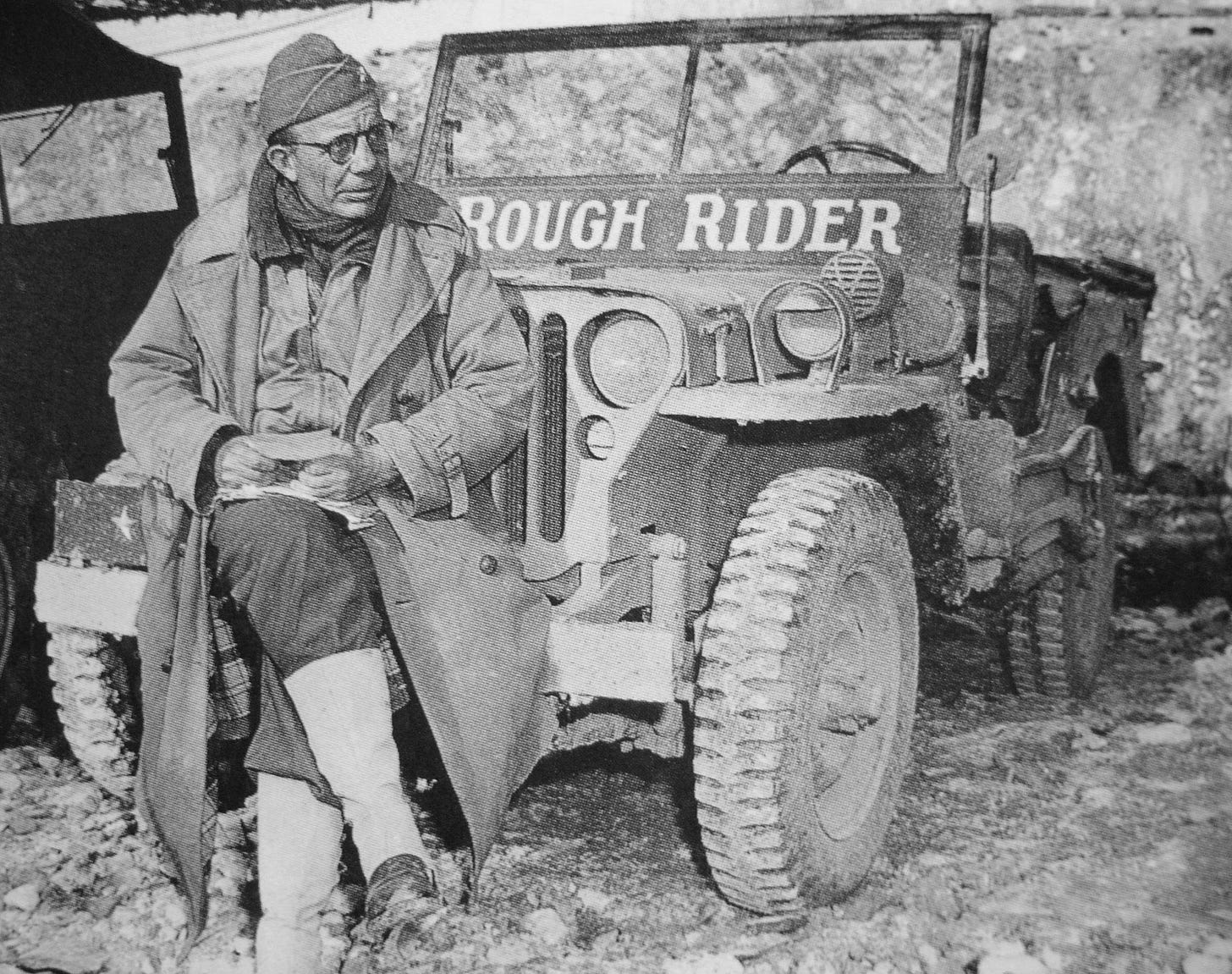Theodore Roosevelt Jr.: Death of a beloved soldier
Given his vast experience, not to mention his name, Brig. Gen. Theodore Roosevelt Jr. could easily have served in a rear-echelon staff role during World War II, but he insisted to his final days that he belonged at the front.
Roosevelt, generally considered the oldest man to hit the beaches on D-Day, at age 56, died of a heart attack late on July 12, 1944. At the time he was stricken, he was resting in a captured German truck that had been outfitted with a bed and a reading light to serve as the general's mobile home and office at the front.
"In all ways except one he died as he would have wished," Hanson Baldwin wrote in the New York Times. "His death, caused by a sudden heart attack, took place in camp and not in the full flush of action."
As assistant commander of the 4th Infantry Division, Roosevelt had demanded to be allowed to go ashore with the first wave on Utah Beach. When it turned out the initial troops had arrived in the wrong spot on the Normandy sand, Roosevelt famously declared they would "start the war from right here."
While his troops often worried about his "disregard of personal safety," Hal Boyle of the Associated Press wrote, "they loved him for his informal ways and the cheery words he had when the going was tough."
His superior, Maj. Gen. Raymond O. Barton, told reporters he considered Roosevelt a battle casualty, given his fanatical devotion to his men and his duty.
"Every day he rode the line and spared himself nothing," Barton said. "He was in the front lines yesterday morning. His death was a hell of a wallop to me. He was the most gallant soldier and officer and gentleman I have ever known, and I make no exceptions. There's not a soldier or officer in this division that will not feel a personal loss."
Roosevelt had joined the 4th Division after initially landing in Algeria and Sicily as part of the 1st Infantry Division. He had also fought with the 1st Division in World War I, where he was gassed and wounded at Soissons in July 1918.
He earned a Distinguished Service Cross in the First World War, and was nominated for another for his leadership on D-Day. The latter was upgraded to the Medal of Honor following his death, and his widow Eleanor accepted it on his behalf on September 21, 1944.




